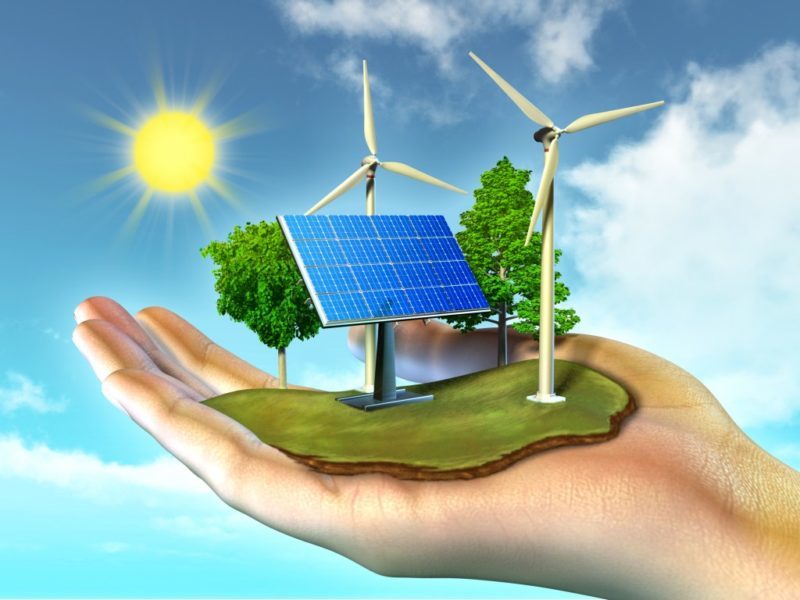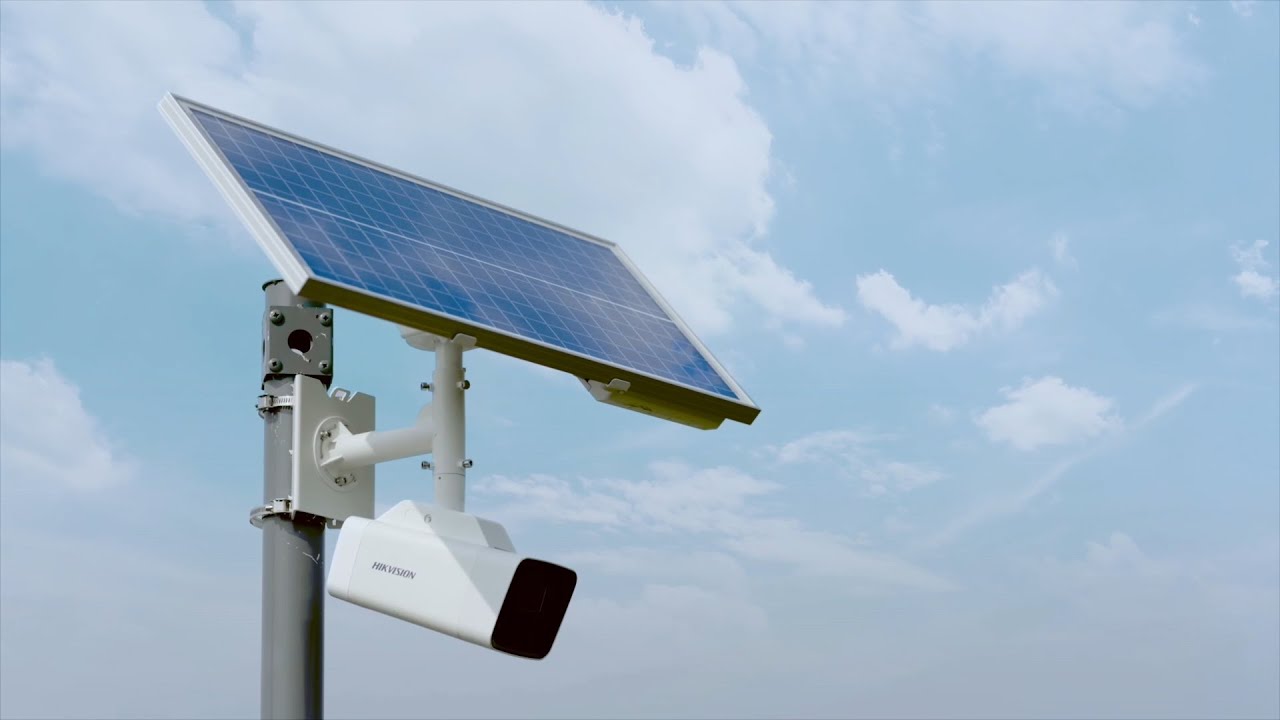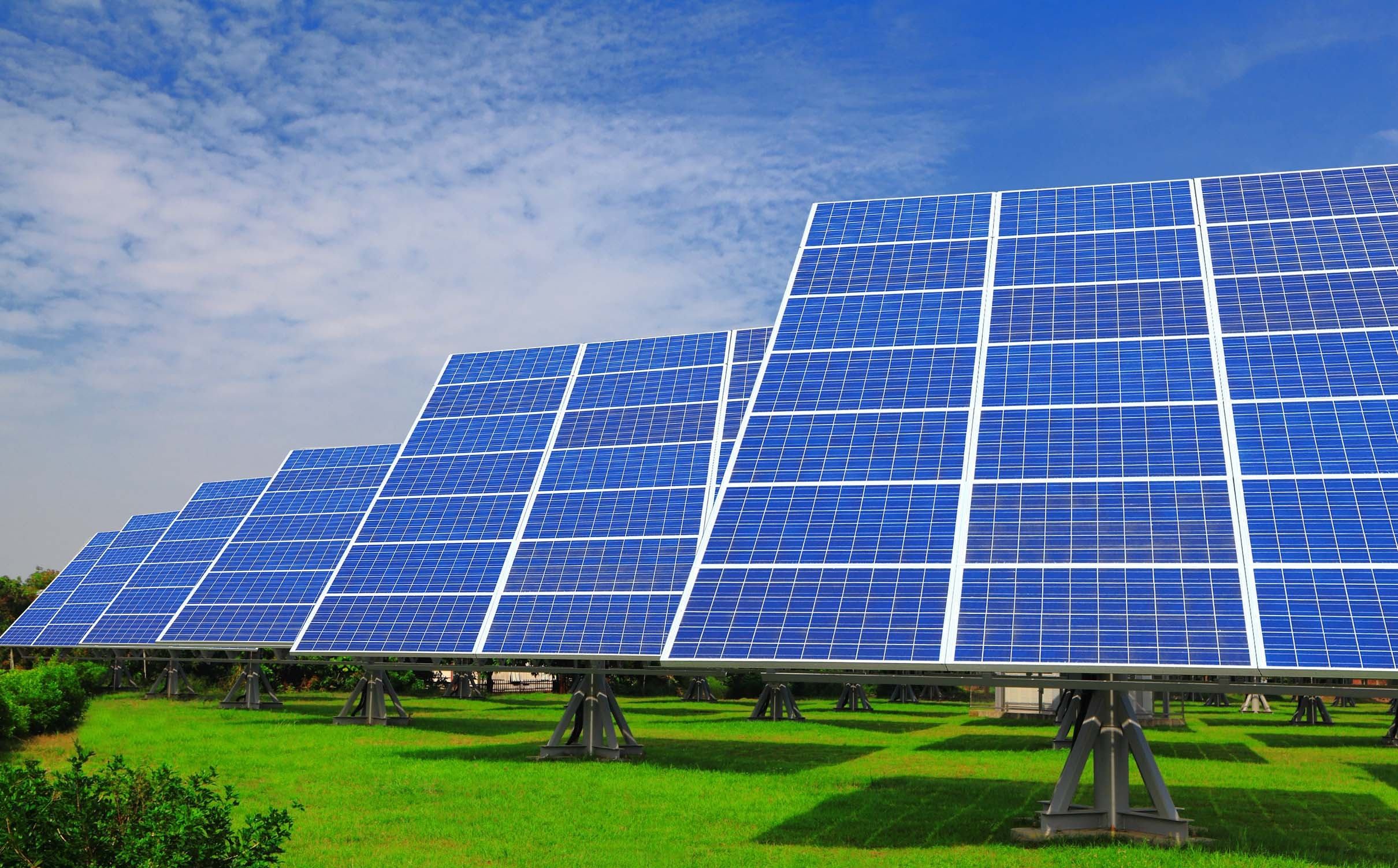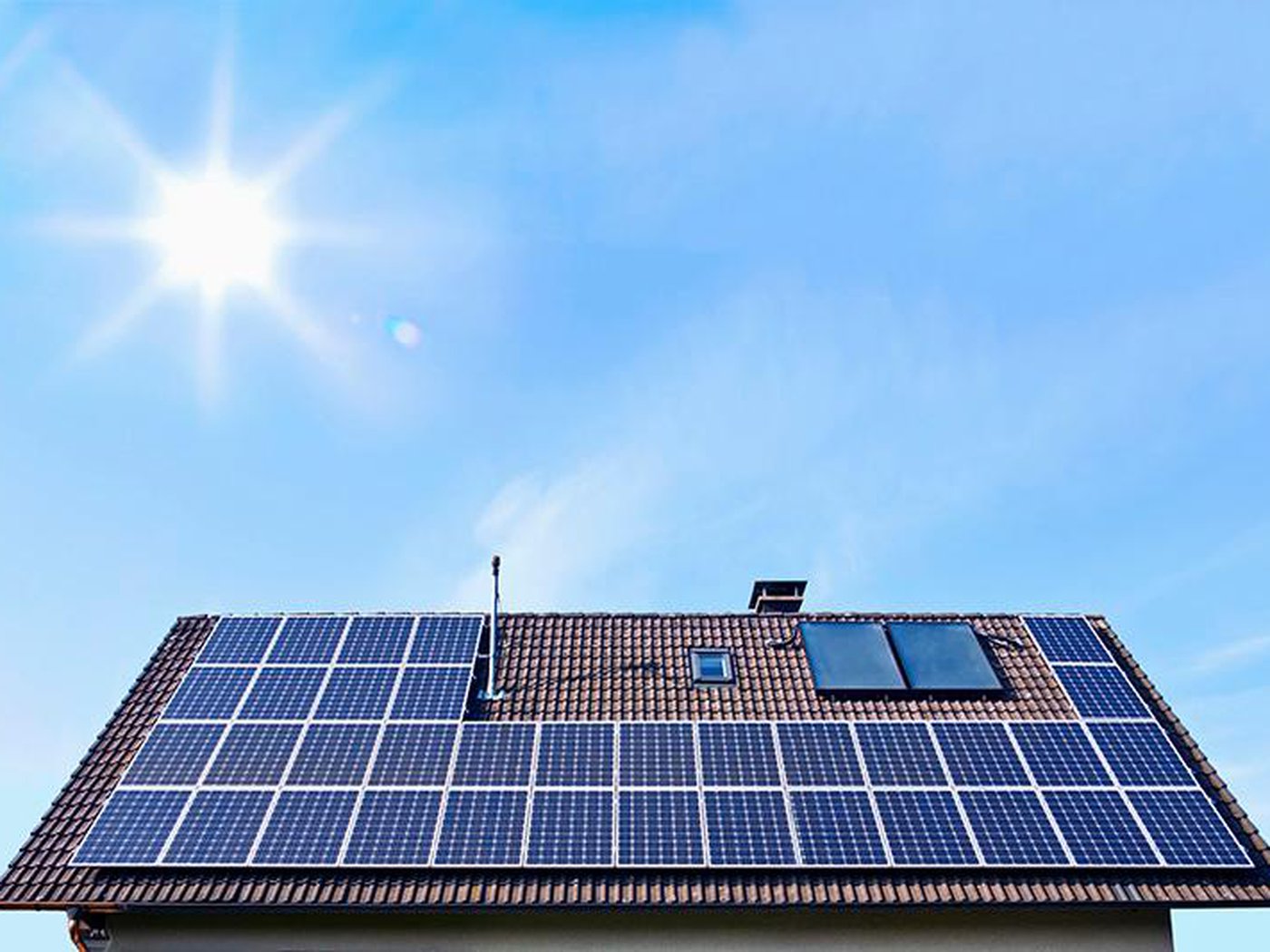
The sun is a clean, abundant source of energy. However, not all regions can receive the full benefit of solar power. In places such as Alaska, where the winters are long and the sun is not as abundant, solar energy can become difficult to use. Because of these limitations, it is important to plan for low sunshine levels and provide adequate battery backups. Here are some things to keep in mind when considering solar power. Let’s take a look at some of the key benefits of solar energy.
One of the most attractive aspects of solar technology is its low operating costs. There is no need to purchase fuel for generating electricity, which means that solar power can be very expensive. Besides, it can produce large amounts of electricity without the need of additional fuel sources. The installation process is relatively simple, and companies offer free quotes. The most challenging aspect is calculating the amount of government subsidies you can claim. Historically, the U.S. government has offered a 30% tax credit.
While solar cells can be used to generate electricity on a large scale, they are much more practical on a smaller scale. For instance, you can install solar panels on the roofs of buildings or place solar cells on the sides of highways. In addition, solar cells are small enough to power small devices. And if you are concerned about its cost, you can consider concentrated solar power, which involves using mirrors or lenses to concentrate sunlight. This type of system also uses batteries or thermal storage to generate electricity.
There are numerous challenges to the production of solar energy. For example, areas closer to the equator have more solar radiation than far off areas. But using photovoltaics that follow the motion of the Sun can help you harvest more energy in a shorter amount of time. Another important factor is the time variation. While solar radiation is very low during the night, it remains relatively high during the day. And since the sun is often obscured by clouds, the amount of sunlight available to solar cells is greatly reduced.
Solar power can be used to power a pool. In a typical year, the amount of sunlight that strikes the earth’s surface will provide enough energy for an entire country. Its use is most beneficial for countries where the temperature is high year-round. It is an excellent way to heat your swimming pool or hot tub. As a bonus, you can store the energy in a battery or thermal storage system. This way, your home will remain warm all year round.
The first solar energy systems are mostly solar panels. These are installed on the roofs of buildings. Then, the panels can be used to power electrical devices such as radios and televisions. In the same way, it is also possible to use concentrated solar energy in the form of water heaters. Some of these units are even portable, so you can use them for heating the water. A small amount of sunlight will heat water and store it for later use.
Solar energy can be used to power a car or other appliances. The solar energy system will produce electricity and steam. The sun will provide free electricity to the vehicles. It will also help save the environment. In the long run, solar power will lower your bills. The benefits of using solar power include its environmental benefits, which is one of the most common advantages of this method. There are some other types of renewable energy systems, too. A few of these systems are used to power electric cars.
Solar energy can be harnessed in many ways. For instance, solar panels on a roof can power your car’s lights, while a solar panel on a wall can provide electricity to your refrigerator. A solar cell can be mounted on a wall, or it can be installed as a standalone unit. Several other applications of solar energy have been developed for homes and businesses. There are currently over 5,000 commercial solar-energy projects in operation.
There are several different types of solar power systems. Most of them are photovoltaic, meaning they use sunlight to produce direct current. A PV panel is a group of solar cells, or PV panels. A PV panel produces electricity in either direct current or alternating current. A conversion system will change the direct current into alternating current to power a device. The conversion process is a complicated and time-consuming process, so a solar-powered car can be costly.






